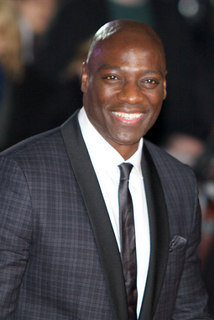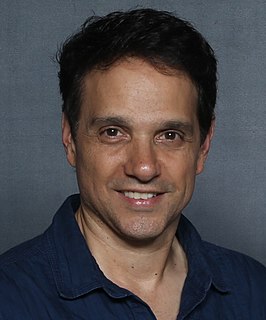A Quote by Jeffery Deaver
Ideally, I like to integrate the human issues into the suspense story itself.
Related Quotes
What I like about the Carpenter take on The Thing is the fact that it just has so much suspense. It seemed like a different story, with the horror elements. Those films that really speak to the primal fear that we, as human beings, have about the unknown have always intrigued me. That's the really scary thing, not the slasher, macabre movies.
One of the greatest sins in any story is false suspense. The kind of 'suspense' that disintegrates the moment you give your reader one second to think about it. And it's an easy trap to fall into, so watch carefully for it. If your story hinges on the question, 'Will Superman be pushed so far in his battle against Lex Luthor that he'll have to kill him?', or if your big cliffhanger moment is, 'Wow, is Spider-Man really dead this time?', then I understand Food Lion is hiring.
Guys like Spielberg and Zemeckis and really anybody who is a storyteller-filmmaker today has studied Hitchcock and the way he visually tells a story. He was the master of suspense, certainly, but visually you would get a lot of information from what he would do with the camera and what he would allow you to see as the story was unfolding.
Remember that [scientific thought] is the guide of action; that the truth which it arrives at is not that which we can ideally contemplate without error, but that which we may act upon without fear; and you cannot fail to see that scientific thought is not an accompaniment or condition of human progress, but human progress itself.






































